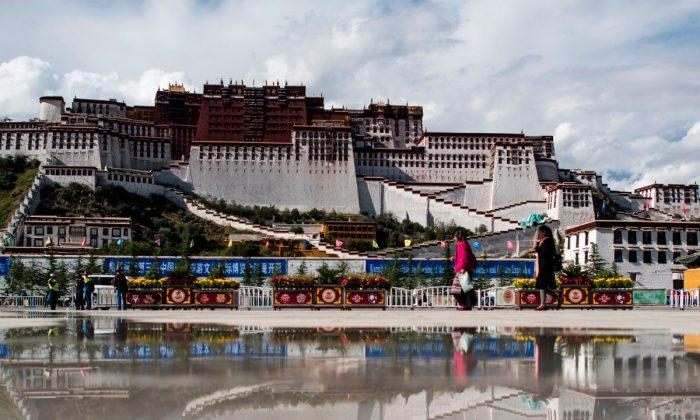U.S. Secretary of State Mike Pompeo said on July 7 that the United States would restrict visas for some Chinese officials because Beijing obstructs travel to Tibet by U.S. diplomats, journalists, and tourists, in addition to “human rights abuses” in the Himalayan region.
The moves come as relations between the United States deteriorate over trade, technology, the coronavirus pandemic, and the former British colony of Hong Kong.
Pompeo said in a statement that the United States remained committed to supporting “meaningful autonomy” for Tibetans and respect for their fundamental human rights.
“Access to Tibetan areas is increasingly vital to regional stability, given the PRC [People’s Republic of China]’s human rights abuses there, as well as Beijing’s failure to prevent environmental degradation near the headwaters of Asia’s major rivers,” Pompeo said.
“Today I am announcing visa restrictions on PRC government and Chinese Communist Party officials determined to be ’substantially involved in the formulation or execution of policies related to access for foreigners to Tibetan areas,'” he said.





